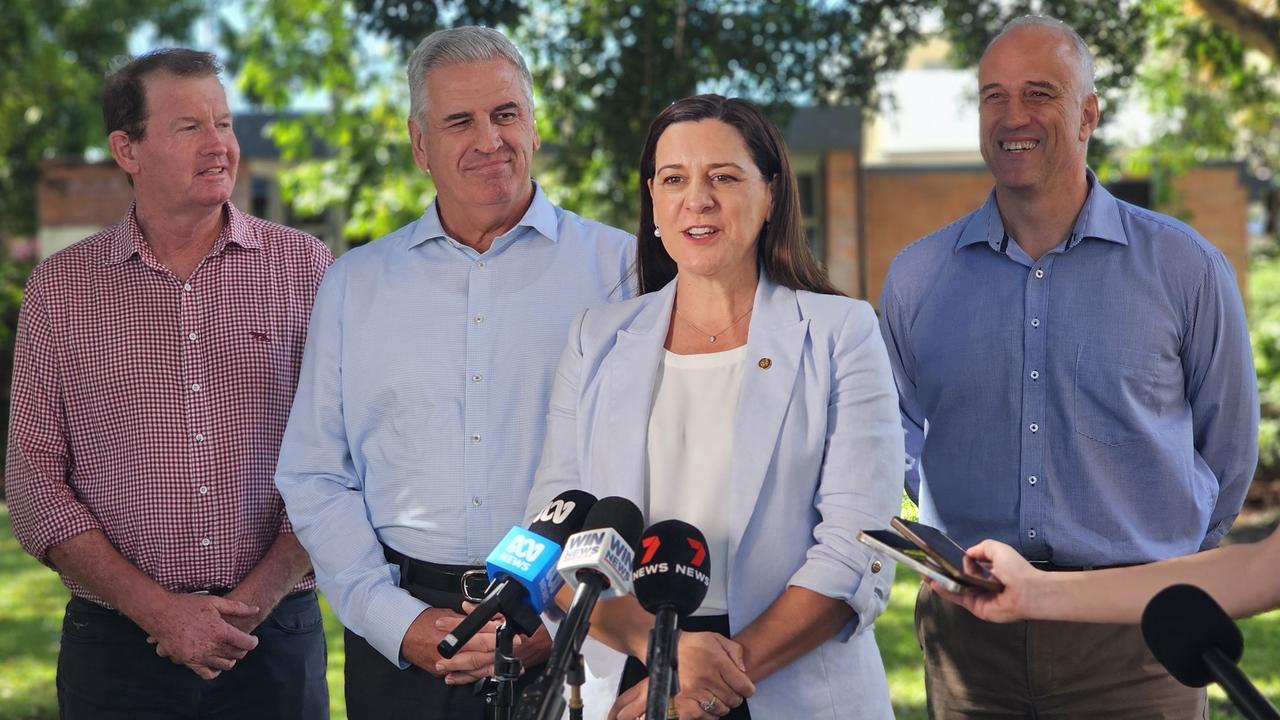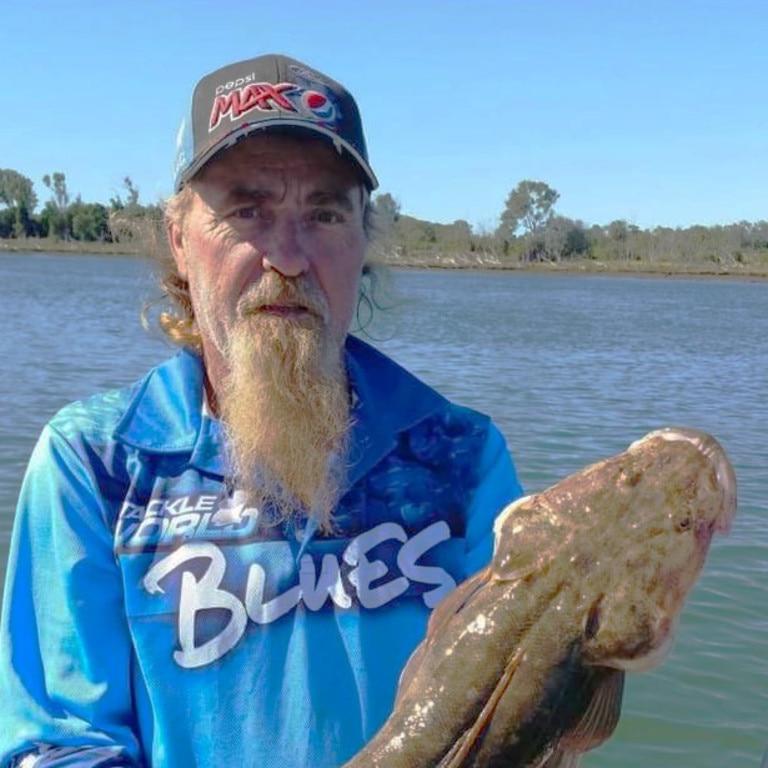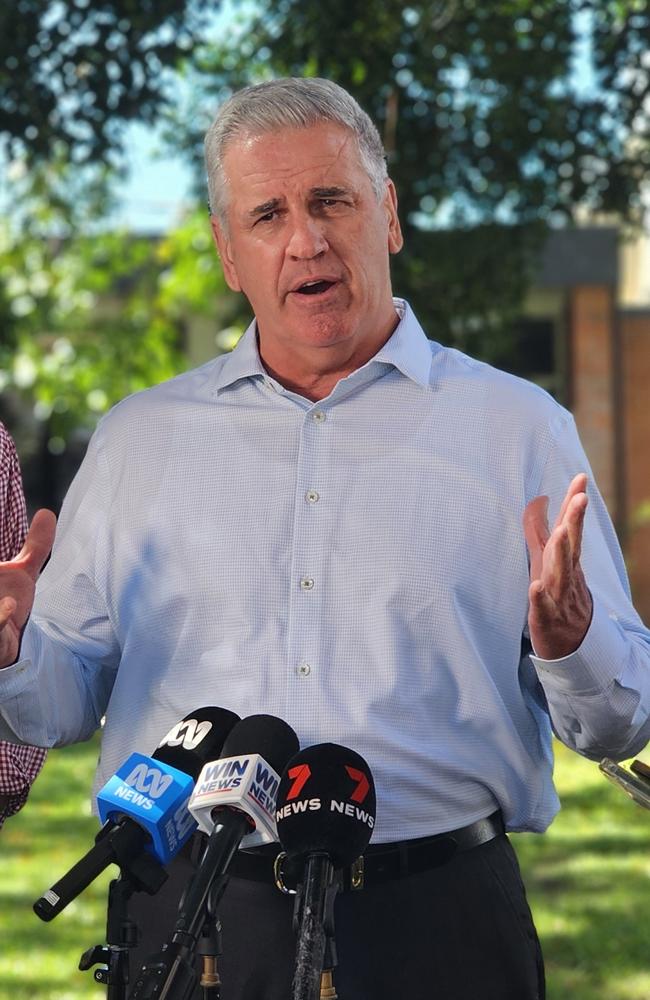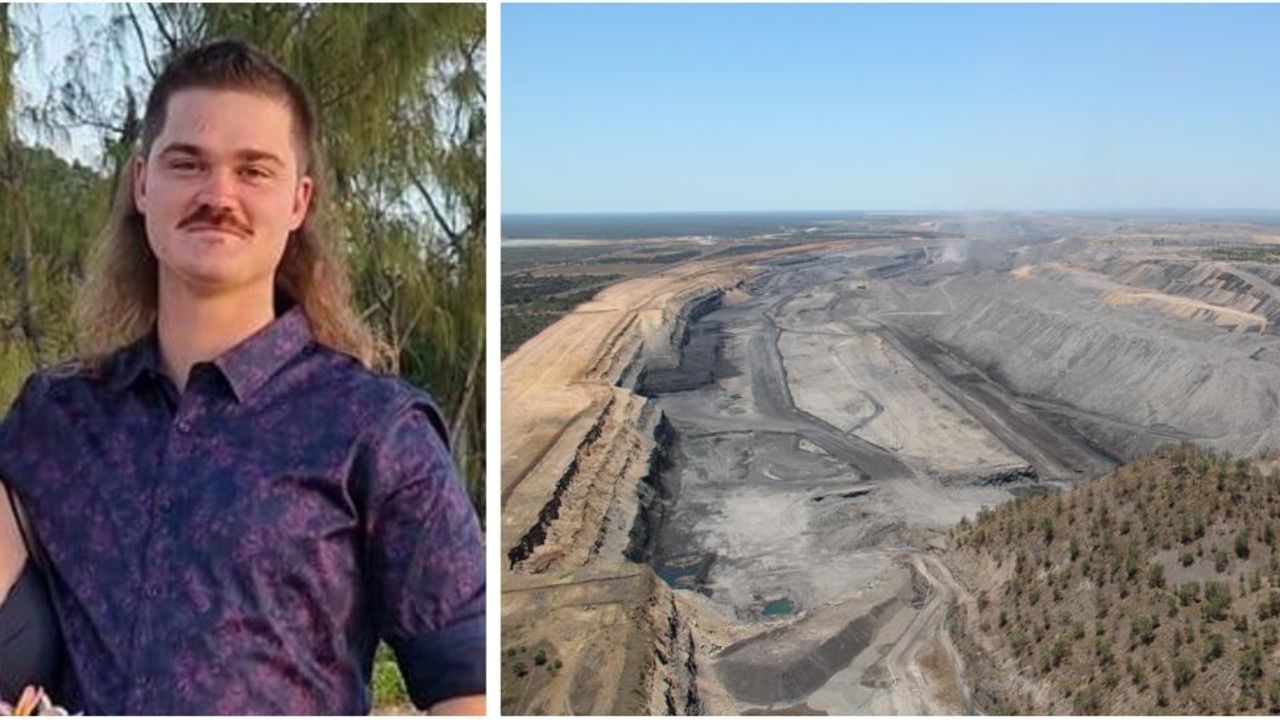New Qld mine death coroner Wayne Pennell to be based in Mackay
A new mine death watchdog based in Mackay will investigate all resource industry-related fatalities after the Queensland sector was plagued with the worst death toll in five years.

A new mine death watchdog based in Mackay will investigate all resource industry-related fatalities after the Queensland sector was plagued with the worst death toll in five years.
However it is unclear how the newly appointed mining and resources coroner will run his investigations and if all findings will be made public.
Attorney-General Deb Frecklington was in Mackay on Thursday with Mines Minister Dale Last to announce the new specialist role.
Mr Last said numerous families of fallen miners had contacted him expressing their frustration “at the delays in having inquests conducted into the loss of their loved ones”, which he confirmed was a “major catalyst” in establishing the dedicating mining and resources coroner.
“We have outstanding inquests in Queensland relating to resource fatalities that are now several years old,” Mr Last said.
“These families are looking for closure. They want some answers to their questions in the interest of transparency and a thorough investigation.
“And one of the issues that they’re raising with me constantly was this issue of safety. We need to learn from these fatalities.”

In 2024 alone there were four mine fatalities in the Bowen Basin — Frank Thomas, John Linwood, Chris Schloss and Luke O’Brien — and since 2020 there have been 10 mine deaths in Queensland, a figure which Mr Last labelled “concerning”.
“We want to continually look for improvement in safety standards. We want to ensure that … compliance is there, that it’s being enforced,” he said,
Previously Queensland had a mining warden’s court, which was axed in 2001. The last inquest into a mine fatality in the Mackay region was in 2020 and related to the August 2017 death of Daniel Springer at Goonyella Riverside Mine with the findings handed down in 2021.
The reimagined mining coroner role, held by Wayne Pennell, will have stronger powers than the previous mining warden’s court and equal to that of current state coroners — he will focus on investigations and inquests for quarry, mining, gas and petroleum fatalities.
Mr Last said it would be up to the new coroner if a public inquest would be held into every resource-related fatality.
“We’re not about to interfere in that process,” Mr Last said.
When asked if he would push for all findings to be made public, Mr Last said there was “a strong case to argue for them to be public”.

“The more transparent we can be, the more confidence that the community will have in this process … we don’t want to be hiding anything here,” he said.
“The learnings that we take from these fatalities, from these inquests, are so very important. We want to see them applied across the industry.
“It may well be that their recommendations that flow from a coronial inquest can then be applied across the industry to help improve those safety standards.”
Generally coronial inquests take place after criminal proceedings are finalised, which can take years.
When asked if the new mining coroner would approach investigations differently, Mr Last said any criminal proceedings would play a part in when an inquest was held and it was “the intention” for any inquest to be held at the end of such proceedings.
He said there had been discussions in his department and he had spoken to the investigators.
“We’ve reinforced how important it is that those investigations are conducted in a timely way to allow these inquests to proceed,” Mr Last said.
“And certainly the coroner’s office, along with Workplace Health and Safety, will be working very closely together in the investigation of these fatalities and then the subsequent inquests down the track.”

Mr Last said there were outstanding inquests that were up to five years old “and that’s just not good enough”.
“This role will need to hit the ground running,” he said.
Ms Frecklington said Mr Pennell would be dedicated to providing more information to victims’ families, who were seeking “more information and easier access to justice around these deaths”.
“We would like to see no mining deaths, but of course unfortunately these tragedies happen,” Ms Frecklington said.
Mr Last said the decision followed the recently appointed interim commissioner for mine safety and a review into Resources Safety and Health Queensland, expected to begin later this year.
“We are absolutely committed to ensuring that bar remains very firmly in the highest possible position regarding mining safety in Queensland,” Mr Last said.
Mirani MP Glen Kelly said his electorate was one of the leading areas “where the high-vis brigades live”.
“It’s called ‘the people who work over the hill’ in this mining industry,” Mr Kelly said.
“Coal mines are so important and these families need to be recognised when someone in their families has an incident and it’s not a good outcome.”
Mr Kelly said $40bn was made in the Bowen Basin with 100m tonne of coal delivered to Hay Point “which is also in Mirani”.
Mackay MP Nigel Dalton said the most important thing was that every person who went to work at the coalface “comes back safety”.
“If there is no safety, if there are issues with safety, we need to make sure that is rectified as quickly as possible,” Mr Dalton said.
“And having some of these cases sitting, waiting for outcomes for years is just not good enough.”





